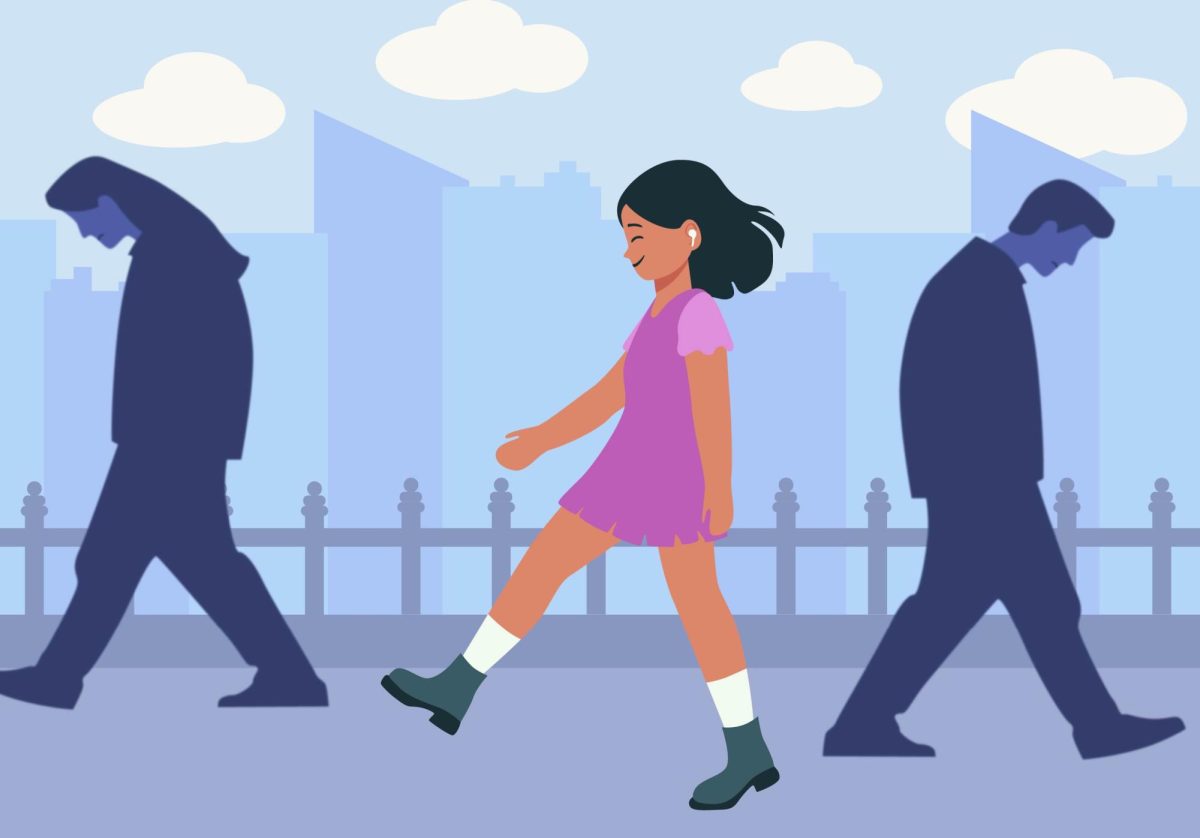Members of older generations are quick to talk down on Millenials and Gen Z. We’re softies, or snowflakes, or any other number of labels that are intended to convey over-sensitivity. Those who came before us are (allegedly) tougher, stronger and better equipped to deal with life’s hardships. But what is strength, really? Can it only be described as a detachment from emotion and sensitivity? The opposite of everything that is said to make us, us?
Millennials, those born between 1981-1996, and Gen Z, born 1997 onwards, are becoming increasingly disillusioned with the idea that strength only has one form. One can demonstrate strength in the traditional sense by being physically strong, forceful and able to withstand whatever challenges are thrown at them. However, one can also take a non-traditional approach. Being empathetic, emotionally intelligent and sensitive are also manifestations of strength, especially in today’s world. Sensitivity, for example, can be considered inherently strong, because allowing ourselves to feel the full breadth of negative emotions that come with being alive today—rage, sorrow, dread or any other number of things—sometimes takes more strength than simply repressing them.
This is not to make a case that some versions of strength are “better” than others, as each generation’s version of strength is fine-tuned to serve as a coping strategy for whatever crises they’re facing at that time. Millennials and Gen Z are facing a myriad of challenges, most notably the climate crisis and the social reckoning that is currently upon us.
Our empathetic nature and value of life has put us in an optimal position to care deeply about the fight to protect the climate. A recent report found that Gen Z’s consumer spending puts us squarely in the position of being the generation of sustainability, with the vast majority of us preferring to spend our money on sustainable brands. Of course, there is more to fighting climate change than simply voting with our wallets. We’ve already begun to see a push toward sustainability legislation with Millennial politicians, a notable example being Alexandria Ocasio-Cortez’s ambitious Green New Deal. In the coming years, as Gen Z begins to meet age requirements to hold office in the United States, we can probably expect a second wave of candidates running for local, state and federal positions on platforms of sustainability.
The various social justice movements in the mainstream today are also unlikely to be successful if its members take the stance of being tough and unfeeling. An empathetic, emotionally intelligent and self-reflective populace is a requirement for dismantling harmful systems. Take, for example, the idea that racism can only be combated by anti-racism (non-racism is impossible to practice, as everyone has some degree of internalized racism). The active reversal and unlearning of racist socialization requires a great capacity for understanding and self-awareness, characteristics that are inconsistent with a concept of strength inclined toward insensitivity and emotional detachment.
The issues of social justice and climate justice may seem separate, but they are, in fact, interconnected. The overlap between those who are impacted the most by climate change and those who are most impacted by systemic racism and classism is extensive. These issues also share another relevant similarity: they’re the most recent crises we’ve faced that don’t involve the looming or active threat of war and devastation. They’re unique in that sense, and thus require equally unique coping strategies.
An adage that comes to mind is “the same boiling water that hardens the egg softens the potato.” This can, of course, be interpreted in a variety of ways, but I take it to mean that the development of toughness or softness are both reasonable reactions to being placed in difficult situations. It was natural for those born before us to cope with their existential threats in the ways that they did. We only ask that grace is extended to us as we process the crises of our generation.














Landon Brewer
Nov 9, 2021 at 5:27 pm
you said it perfectly.
A Gopher
Sep 20, 2021 at 10:20 am
In my experience, suburban and rural GenZs and younger millennials have been completely bamboozled by the Wokeist movement. For example, the top 100 most racist things ever said to me are all by African Americans. I also went to a school that was 80% black students and what I observed is that a great many black people slap the racism tag on everything and everyone they interact with as a way of covering up their own failures. Got a bad grade on a test, it was racist, teacher says you shouldn’t smoke on the bus or in the hallways… racist. It’s important to be sensitive to another’s plight it’s another thing entirely to be taken in by false narratives.
MN Gopher
Sep 17, 2021 at 12:02 pm
Are you suggesting that one who experiences racism cannot themselves also be racist? Hmm… https://media3.giphy.com/media/dyL2RG21cBNmalqz8M/giphy.gif